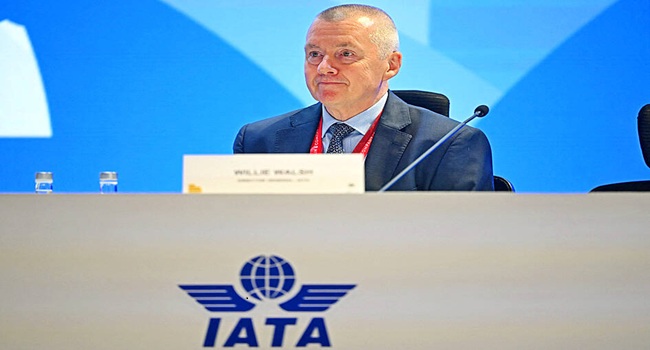The Nigerian Optometric Association (NOA) has expressed grave concern over the low state of primary health care facilities in Nigeria and the lack of access to proper eyecare, warning that over one billion people worldwide may suffer from blindness by 2025 due to ignorance and inadequate healthcare.
In a communique issued at the conclusion of its 46th National Conference in Abakaliki, the NOA highlighted the dire condition of primary healthcare facilities in the country. The association’s President, Dr. Anderson Chimeziri, and National Secretary, Dr. Victor Aliche, emphasized that poor access to healthcare is a primary factor contributing to vision impairment globally.
The NOA lamented that the government, which bears the responsibility of caring for its citizens, has failed to ensure the provision of necessary healthcare equipment. It also expressed concern that crucial healthcare items are excessively taxed by customs, hindering their availability.
Furthermore, the association warned that the impending blindness epidemic will have far-reaching consequences, impacting productivity, national growth, and family life, unless immediate and effective interventions are implemented. It cited outdoor activities and prolonged exposure to screens on electronic devices, including computers, telephones, TVs, laptops, and eye pads, as major contributors to vision problems.
The eye experts stressed that a comprehensive eye examination conducted by an optometrist can lead to various favorable outcomes, including the detection of previously undetected eye and health issues such as glaucoma, diabetes, high blood pressure, and other medical conditions.
Prior to the issuance of the communique, the former President of the NOA, Dr. Obinna Awiaka, expressed deep concern about the state of the economy and security in Nigeria, as well as the escalating incidents of violent clashes. He called on the government to take swift action to address both the immediate and underlying causes of these problems.



